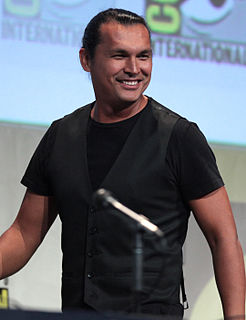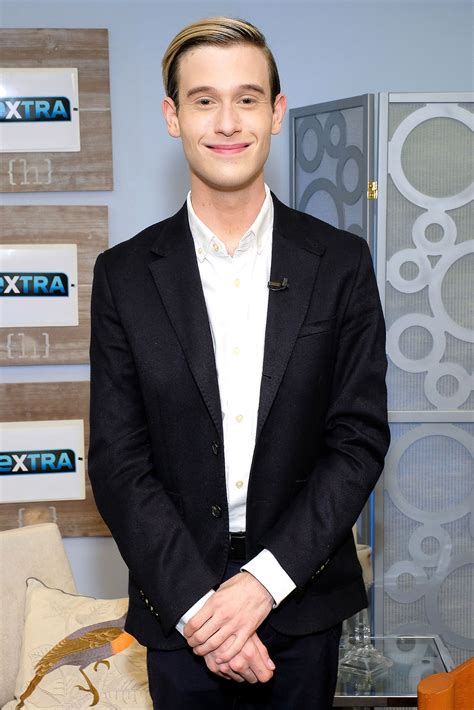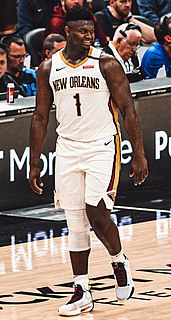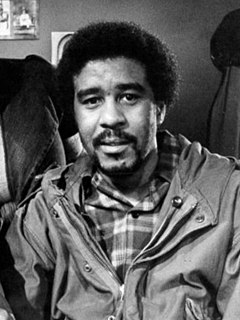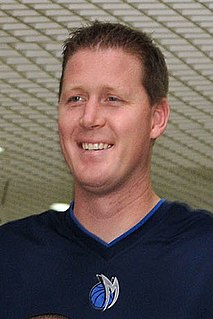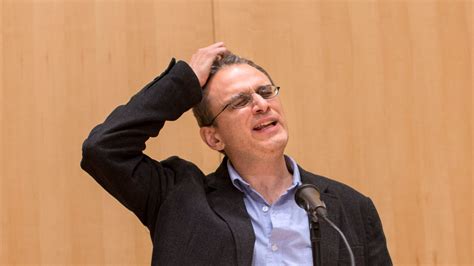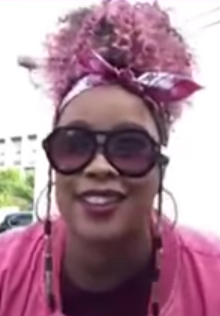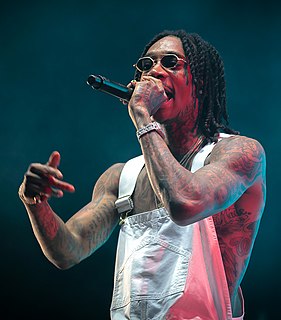A Quote by Paul Wall
When I was growing up, white people made fun of me. So it was always strange to me as I would gain prominence in hip hop, white people kind of accepted me more and they would talk to me more. It's so weird to me, growing up, thinking about that in my life. It really is a complete change.
Related Quotes
The strange thing about my life is that I came to America at about the time when racial attitudes were changing. This was a big help to me. Also, the people who were most cruel to me when I first came to America were black Americans. They made absolute fun of the way I talked, the way I dressed. I couldn't dance. The people who were most kind and loving to me were white people. So what can one make of that? Perhaps it was a coincidence that all the people who found me strange were black and all the people who didn't were white.
What led me to be an actor is that I have a strange something in me that can drastically change the way I appear to the world. Growing up, I couldn't understand why people would always have different ideas of me - but because of that I became aware of how you can manipulate your own ability to change. And then I learned to make a career of it.
Socially, hip-hop has done more for racial camaraderie in this country than any one thing. 'Cause guys like me, my kids - everyone under 45 either grew up loving hip-hop or hating hip-hop, but everyone under 45 grew up very aware of hip-hop. So when you're a white kid and you're listening to this music and you're being exposed to it every day on MTV, black people become less frightening. This is just a reality. What hip-hop has done bringing people together is enormous.
I made sure that instead of people making fun of me, like every comedian probably says, I made fun of myself first so they would get distracted and just laugh. I was pretty brutally picked on for a while growing up. It was always the really pretty girls, the hot girls and then there was me. So I had to do something to get any sort of attention.
My name was given to me. I didn't just decide to change it one day. But I ran with it to reflect a more peaceful and positive attitude for my new Reincarnated project. The Snoop Dogg name is so connected to hip-hop, and I didn't want to change that. Hip-hop raised me, and I would never turn my back on it.
When I first started comedy, before I kind of gained any national prominence, I - in a weird way - went back to that. Marc Maron had me on WTF making fun of me about that when I first opened for him. I had this very kind of hip-hop bravado to me, and I realized that now I've let some of that go in my stage presence, that maybe that was because I had dropped that completely from my life, and when I got onstage I sort of rekindled it. And I think now that it was perhaps a defense mechanism that was left over from those days, which I think is kind of interesting.
Let me tell you a story about when I was growing up in Spain. Many Sundays, we would invite 30, 40, 50 people to the countryside, and my father would make a big paella. He put me in charge of the fire and the 'stove' - the rocks that hold the pan. But he wouldn't let me cook. I got so unbelievably upset.
There's no doubt about it: fun people are fun. But I finally learned that there is something more important, in the people you know, than whether they are fun. Thinking about those friends who had given me so much pleasure but who had also caused me so much pain, thinking about that bright, cruel world to which they'd introduced me, I saw that there's a better way to value people. Not as fun or not fun, or stylish or not stylish, but as warm or cold, generous or selfish. People who think about others and people who don't. People who know how to listen, and people who only know how to talk.





